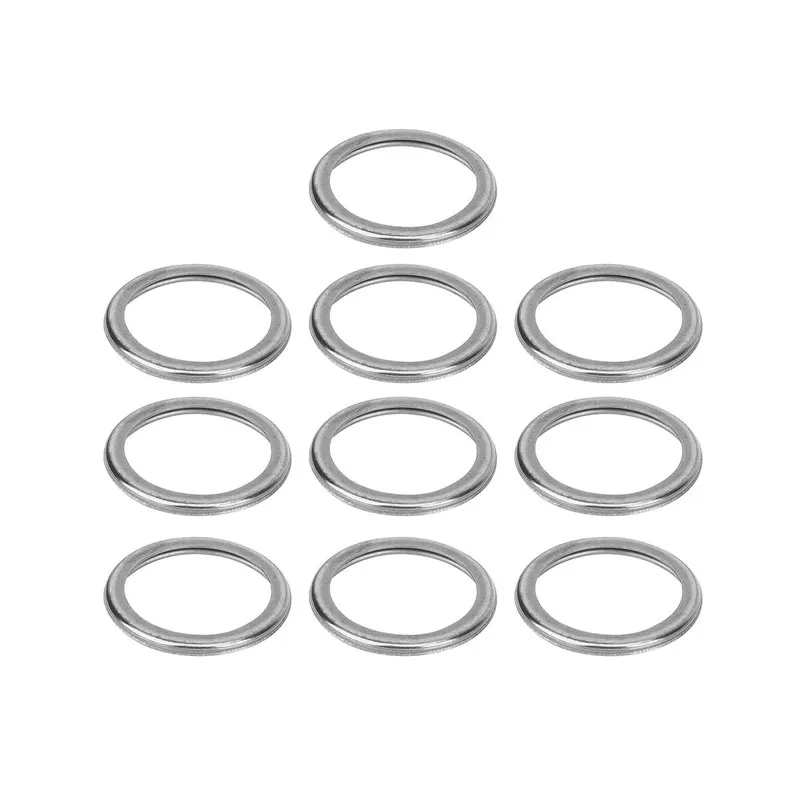Oil Seal Manufacturer for Reliable Sealing Solutions in Various Industries
The Importance of Oil Seal Makers in Modern Machinery
In the intricate world of machinery, where precision and reliability are paramount, oil seals play a critical role. These seemingly simple components are essential for preventing leaks in engines and various mechanical systems. As various industries continue to advance, the demand for high-quality oil seals has surged, making oil seal makers a vital part of manufacturing processes across the globe.
What are Oil Seals?
Oil seals, also known as shaft seals, are designed to seal the space between a rotating shaft and a stationary housing. They are engineered to prevent the escape of lubricants (like oil) and the entry of contaminants (such as dirt and moisture). This function is crucial because lubricants reduce friction and wear within machines while keeping harmful substances away from sensitive parts, thereby extending the equipment's lifespan and maintaining operational efficiency.
The Role of Oil Seal Makers
Oil seal makers are specialized manufacturers that produce a variety of seals tailored to different industrial applications. The manufacturing process involves selecting appropriate materials, such as rubber or thermoplastics, that can withstand specific temperatures, pressures, and chemical exposures. High-quality oil seals must be durable, resistant to wear and tear, and able to maintain their integrity under challenging conditions.
To meet these requirements, oil seal makers invest in advanced production technologies and rigorous testing procedures. Modern manufacturing techniques involve computer-aided design (CAD) and computer numerically controlled (CNC) machinery, which ensure precise dimensions and quality control. This level of accuracy is essential, as even a minor imperfection in a seal can lead to significant leaks or failures in a machine.
Material Science in Oil Seal Production
The choice of materials in oil seal manufacturing is critical. Oil seal makers often use elastomers such as Nitrile (Buna-N), Fluoroelastomer (Viton), and Silicone, each offering distinct advantages. For instance, Nitrile is favored for its excellent abrasion resistance and suitability for oil resistance, while Fluoroelastomer is chosen for its superior chemical resistance, making it ideal for harsh environments.
oil seal maker

Additionally, the advances in material science have opened up new avenues for creating seals that can operate effectively in extreme temperatures or aggressive chemical conditions. Innovations in this field have led to the development of hybrid materials, combining the best qualities of different substances to enhance performance and longevity.
Customization and Industry Applications
One of the critical aspects of oil seal makers is their ability to provide customized solutions. Different industries, from automotive and aerospace to manufacturing and oil exploration, have unique sealing requirements based on their specific operational challenges. Customization allows businesses to address these needs effectively, ensuring that their machinery operates without interruption.
For instance, in the automotive sector, oil seals are crucial for engine performance, transmission systems, and wheel hubs. Similarly, in the aerospace industry, they prevent oil leaks in hydraulic systems and landing gear mechanisms. Oil seal makers work closely with engineers and designers to create seals that meet these specialized demands, often producing prototypes and undergoing iterative testing to ensure optimal functionality.
The Future of Oil Seal Manufacturing
As technology advances, the future of oil seal manufacturing looks promising. The rise of automation and smart manufacturing techniques holds the potential to enhance production efficiency and reduce costs. Furthermore, as industries continue to prioritize sustainability, there is an increased focus on developing eco-friendly sealing solutions that minimize environmental impact.
Moreover, the integration of digital technologies, such as IoT (Internet of Things), can revolutionize maintenance practices in industries that rely on oil seals. By implementing sensors and monitoring systems, companies can detect potential failures before they occur, leading to proactive maintenance and reduced downtime.
Conclusion
In summary, oil seal makers are integral to the reliability and efficiency of machinery in various sectors. As technology progresses and industries evolve, the role of these manufacturers will continue to grow, adapting to new challenges and innovations. Their expertise in material science, customization, and advanced manufacturing processes ensures that oil seals will remain a cornerstone of smooth and efficient mechanical operations for years to come.
-
Understanding Automotive Oil Seals: Essential Components for Engine and Shaft Protection
News Jul.30,2025
-
The Importance of Heavy Duty Seals in Industrial and Residential Applications
News Jul.30,2025
-
Exploring Industrial Oil Seals: From Felt Oil Seals to TTO and CFW Solutions
News Jul.30,2025
-
Essential Guide to Oil Seals: From Radial to Metal-Cased Seals for Industrial Reliability
News Jul.30,2025
-
Choosing the Right Oil Seals and Gaskets for Industrial and Automotive Applications
News Jul.30,2025
-
Cassette Seals: Durable Sealing Solutions for Harsh Environments
News Jul.30,2025
-
Understanding the Front Main Engine Seal: Purpose, Maintenance, and Installation
News Jul.29,2025
Products categories















